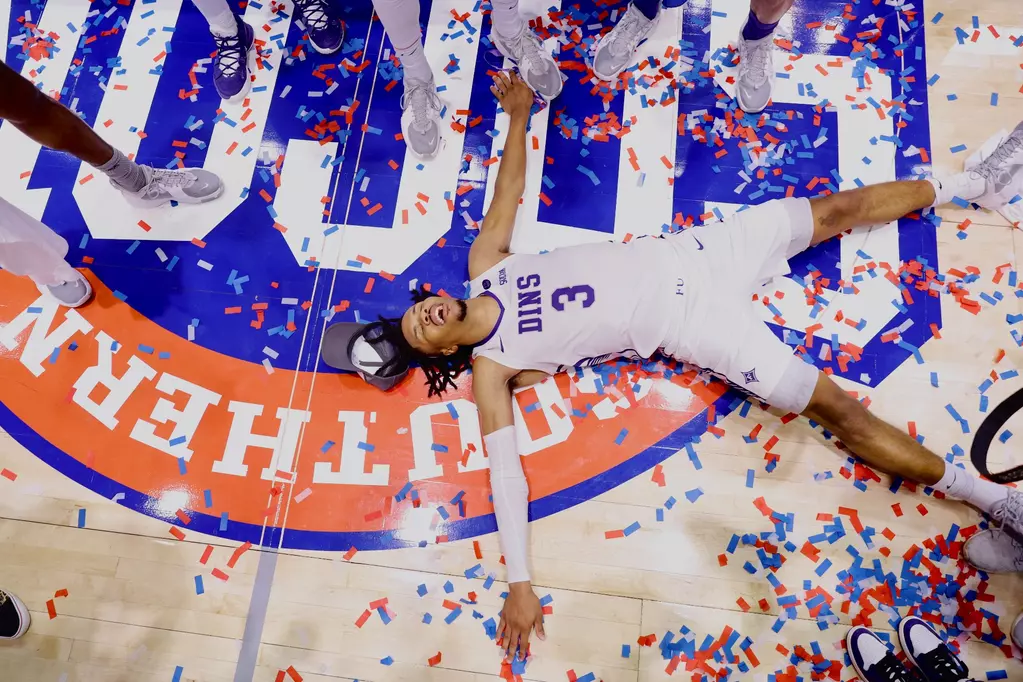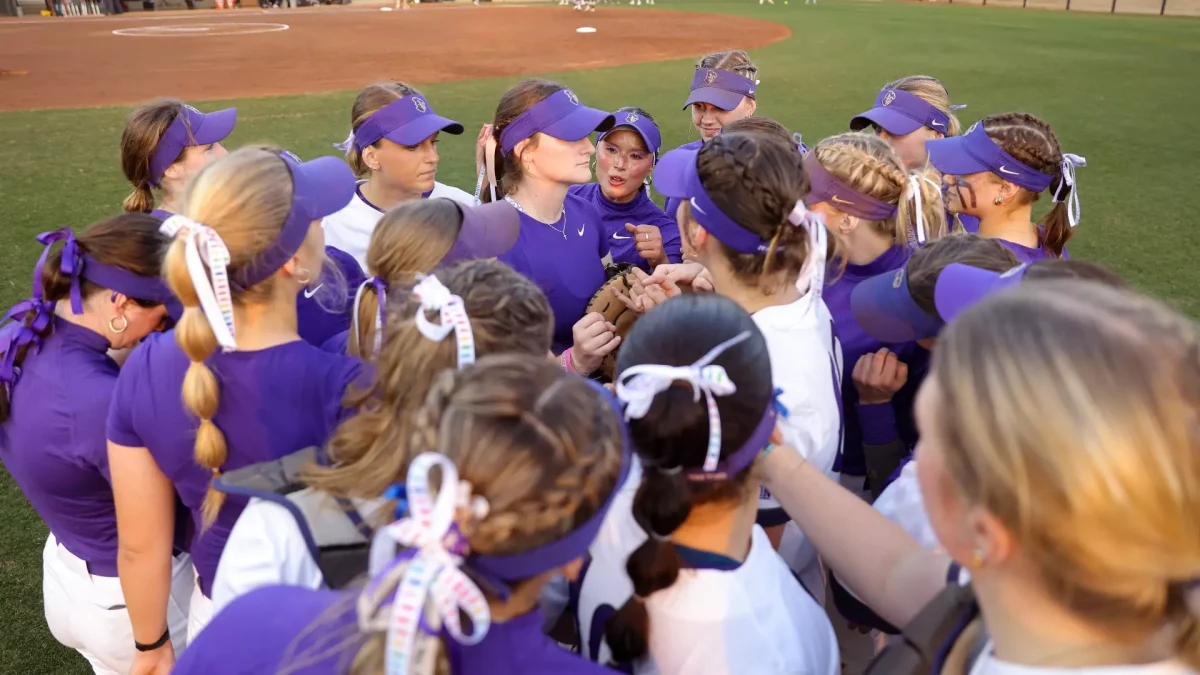Name, Image and Likeness and the transfer portal have been two of the hottest topics within collegiate athletics over the past few years.
NIL was legalized on July 1, 2021, allowing college athletes to earn money through endorsements, autograph signings and much more. Schools often have athletic boosters — who are separate organizations from the university that raise money for the athletic programs — that give money to athletes to convince them to come to their university.
The transfer portal was launched on Oct. 15, 2018. Initially, the transfer portal required athletes to sit out for one year unless they were granted a rare waiver. In 2021, the rules changed, allowing athletes to play at their new school without waiting an entire season.
The introduction of NIL and the transfer portal rule change have been used in conjunction by universities. Big schools offer life-changing NIL deals to athletes to transfer or be recruited. College football is one of the top drawing sports of NIL money. The University of Oregon football team has an estimated value of $23 million, and LSU has even dubbed itself “NILSU.”
Bigger universities are benefiting, but what about smaller schools? What about Furman? While big programs dominate the market with NIL deals and flashy transfers, smaller schools like Furman offer something that money cannot buy: a close-knit community, classroom-focused environment and much more that goes beyond the dollar signs.
“NIL, for us, I don’t think is gonna be a big thing at Furman long term, partly because the majority of the students are coming here for the academics and the athletics. It’s different, it’s unique,” said Furman Athletic Director Jason Donnelly.
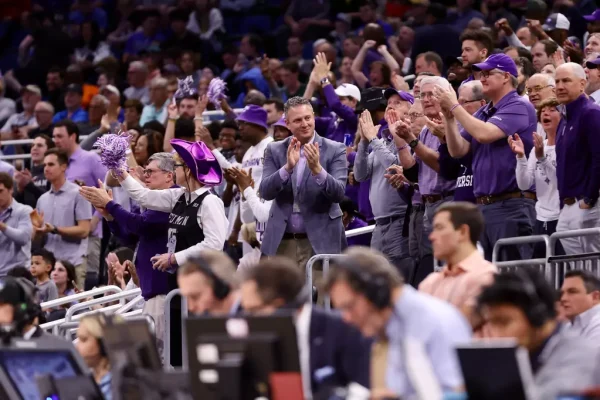
As a small, private institution, Furman doesn’t have the kind of NIL money that big schools like Ohio State University or University of Alabama have. NIL deals aren’t what bring athletes to Furman, and they have the potential to take athletes away from the school.
“I think, from time-to-time, you’re gonna see a student athlete leave, like you had one or two last year for basketball, and they leave for really big money. And part of that conversation is that’s got to be okay,” said Donnelly.
One student athlete who transferred was Furman softball standout Riley Ludlam ‘23, who opted to complete her fifth year at University of Oklahoma and won the 2024 NCAA National Championship with the Sooners. Football player Tyler Huff, who played at Furman from 2022-2023 and led the team to a Southern Conference Title and a spot in the playoffs of NCAA Football Championship Subdivision, transferred both to and from Furman during his football career.
“You look at a lot of the transfers that we’ve picked up, the most famous of them is Tyler Huff. He basically finished at PC (Presbyterian College), came here for a masters and then got another year at Jacksonville State,” Donnelly said. “That was a really positive case with NIL where he effectively used Jacksonville as like his first job, and he’s still playing football.”While there are a handful of athletes that have left Furman, there are so many more that have stayed.
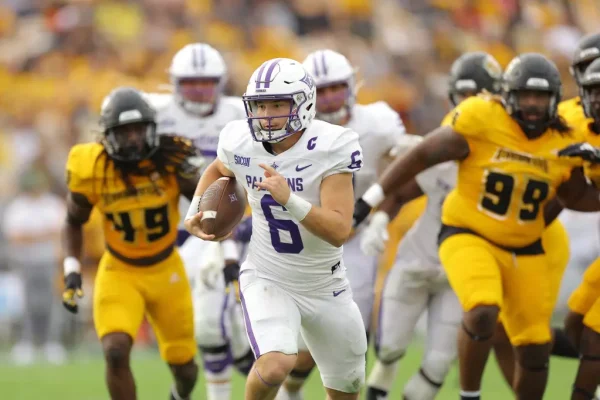
“We’ve had a 94% retention rate, which is phenomenal. In the era of the transfer portal, that means that nine out of 10 student athletes that are coming here are happy and retaining. We’ve had a 100% graduation rate of four year student athletes,” said Donnelly.
After the loss to Chattanooga in the 2022 Southern Conference men’s basketball championship game, Alex Hunter ‘22 said, “I bleed purple .. I have no regrets coming back for my fifth year. It’s been a magical journey, and I’m a Paladin for life.”
After the season’s heartbreaking ending, attention shifted to the future. One question on everyone’s mind was whether Mike Bothwell ‘23 and Jalen Slawson ’23 were going to stay at Furman for their fifth year.
“A part of that was this was their home, and they were best friends. So I think it’s the relationships here with peer-to-peer relationships, peer-to-coach, peer-to-faculty, staff. And I think the engagement that we have with students is ultimately why they stay,” said Sue Eckstein, the Associate Athletic Director for Administration at Furman.
Slawson and Bothwell then helped Furman win its first Southern Conference tournament in 43 years to send the Paladins to the NCAA tournament, where they upset #4 University of Virginia. They stayed because they loved Furman, the community and what it meant to be a Paladin.
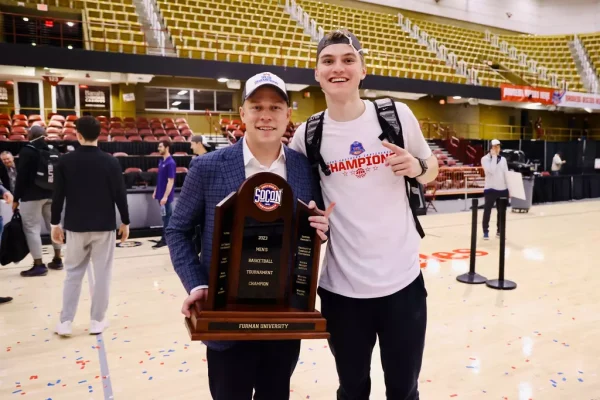
Current men’s basketball player and junior Ben VanderWal was a freshman during the 2023 Southern Conference Tournament. “I decided to stay at Furman because I believe in the culture of our program and the value of the Furman degree. I have been able to have once in a lifetime opportunities while playing for this team,” VanderWal said.
In an ever-evolving era of college athletics where many are pursuing financial opportunities, Furman offers something far more valuable: a true collegiate experience. Furman shows that success isn’t just measured by NIL deals or transfer portal rankings — it’s about the lifelong impact the institution has on its student-athletes, both on and off the field.



































